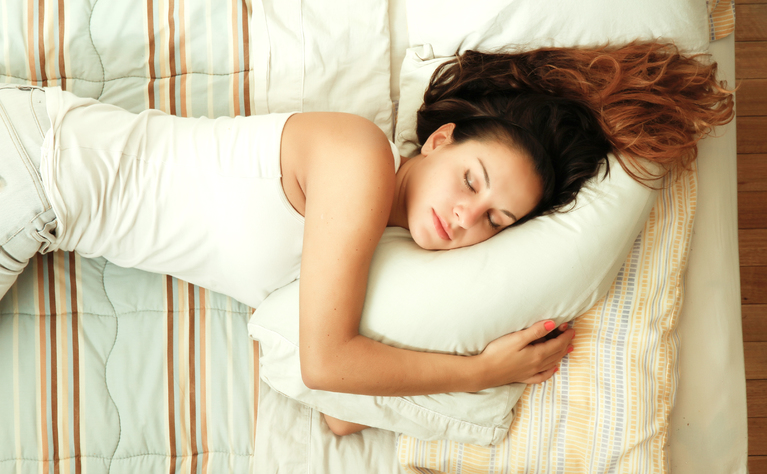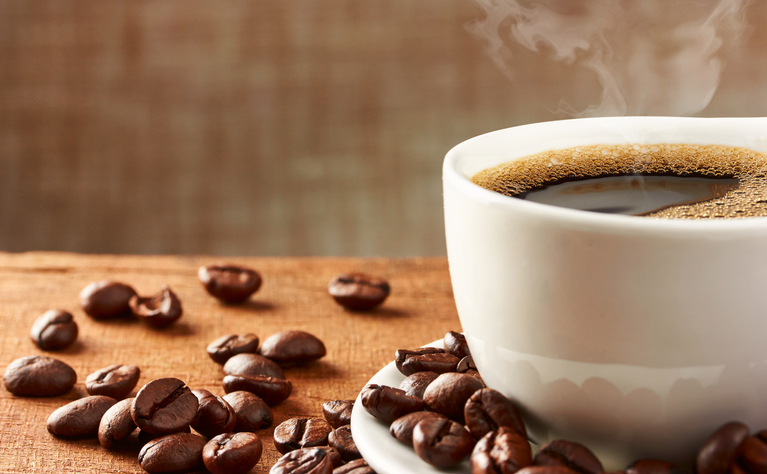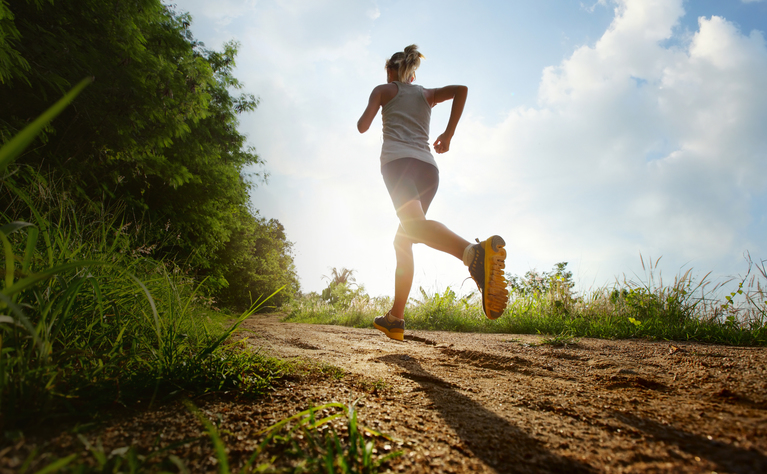It’s a cruel cycle, and people with IBD - such Crohn’s disease or ulcerative colitis (UC) - need much more sleep than most. Yet, because of their conditions getting a good night’s sleep is often much easier said than done.
Frequent bowel movements, abdominal pain, night sweats and just plain old anxiety conspire to keep some people IBD awake long into the night.
Is there anything that can be done to help people with IBD sleep? Well, the answer is yes. We spoke to Sarah Cummings - Editor in Chief and sleep expert at The Sleep Advisor.
Below are some of the things she suggests that can increase the odds of someone with IBD getting a good night’s rest....

Your digestive system tends to work more efficiently earlier in the day, lean into this and have your heavier meals in the middle of the day. Instead of having a weighty meal at dinner, consume the bulk of your daily intake at lunchtime.
Try to have your final meal of the day no later than 6pm. This will give your body enough time to settle down before you climb into bed. If you feel hungry before bed snack on something that isn’t going to cause your digestive system too much work, like a cracker or two.
Caffeine and sleep (and possibly IBD) don’t agree. Yet a very high proportion of people still can’t kick their coffee addiction. It is a drug after all. What few people realise is just how potent it actually is. Caffeine has a half life of six hours, that means six hours after you’ve had a cup of joe, 50% of the caffeine is still floating around your brain. Twelve hours later, 25% of the caffeine is still active.
If you stop and think about that for a moment, what it means is one cup of coffee at midday will still be having a considerable impact on you at 12pm at night. You wouldn’t knock back a quarter of a cup of coffee before bed would you? Well, then keep coffee firmly where it belongs ‐ in the morning.
If you can, avoiding caffeine entirely, in all its forms, will have a considerable impact both on your stomach and on your sleep. If it helps, there are a lot of very tasty decaf coffees out there.
Giving up caffeine is an easy win, it’s a relatively small change you can make to your day that can have a considerable impact on your night. There are lots similar little edits to your routine you can make once you start looking for them.

IBD is a very cruel condition because it seeps into every aspect of life. The not knowing of when a toilet stop will be needed, the pain, the lack of sleep, it’s not surprising that many with the condition develop anxiety, stress and depression related conditions.
With these mental health issues often comes a corresponding inability to sleep. One way that has been found successful to help stress, depression, sleeping problems and even IBD itself is exercise.
Going for a run or swimming a few laps at the pool will not only lift an individual's mood, it can also help with some of the other symptoms of IBD, such as low bone density and weakened muscles.
Now, hitting the gym, going for a long run or heading down to the pool, isn’t always the most convenient or enjoyable endeavour for some people with IBD but fortunately there are many exercises that it’s possible to do at home, such as riding a few miles on an exercise bike, lifting a few weights or doing a low key yoga or tai chi session.
The important thing is to keep active, the benefits will definitely be felt come bedtime.
